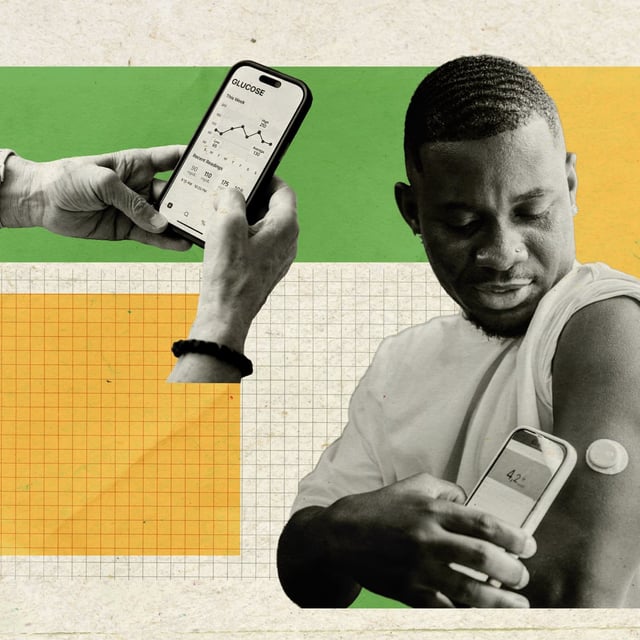Overview
- Use by people without diabetes is spreading through celebrity and influencer promotion, even as researchers say the data are hard to interpret for healthy users.
- Scientists and clinicians report no agreed standard for reading CGM results in non-diabetics, and recent studies question benefits while highlighting variability and potential misreadings.
- Regulatory shifts widened access after the FDA allowed over-the-counter sales in 2024, with typical U.S. sensors around $50 while unsubsidized users in some markets pay more than $100 per 14 days.
- Experts stress that CGMs deliver clear clinical value for people with type 1 diabetes, certain pregnant patients, and some insulin-treated type 2 patients, not as general wellness gadgets.
- New reporting from India highlights rapid market growth alongside cases of anxiety and restrictive diets in healthy users, with doctors advising standard tests such as the OGTT and basic lifestyle measures instead of constant tracking.

